Hassan Abidur Reja Jewel: A beloved face in music lost
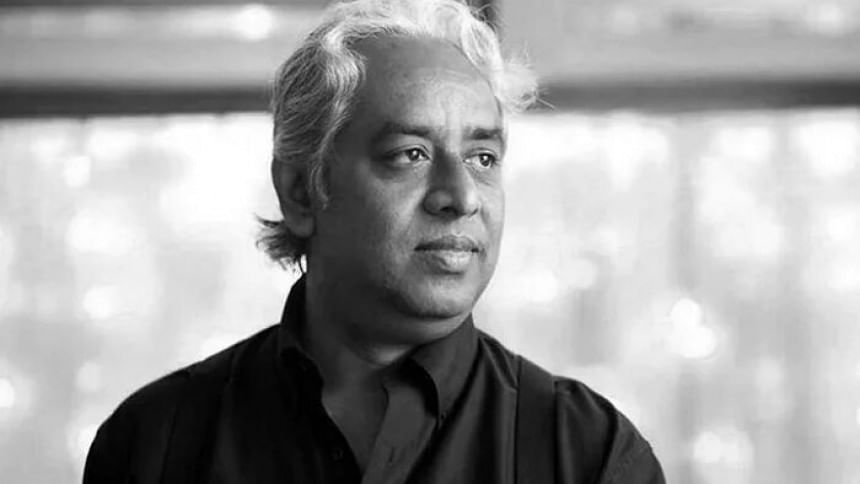
Hassan Abidur Reja Jewel, a revered figure in Bangladesh's music and television industry, passed away today at 11:53 am, leaving behind a rich legacy spanning over three decades. Known for his soulful voice and exceptional production skills, Jewel emerged as a prominent artiste in the early 1990s when band music was burgeoning in the country.
His janazah was held at Azad Mosque in Gulshan after Asr prayers. The second janazah will be held at 6pm on Channel i's premises, and he will be laid to rest at Banani Graveyard.
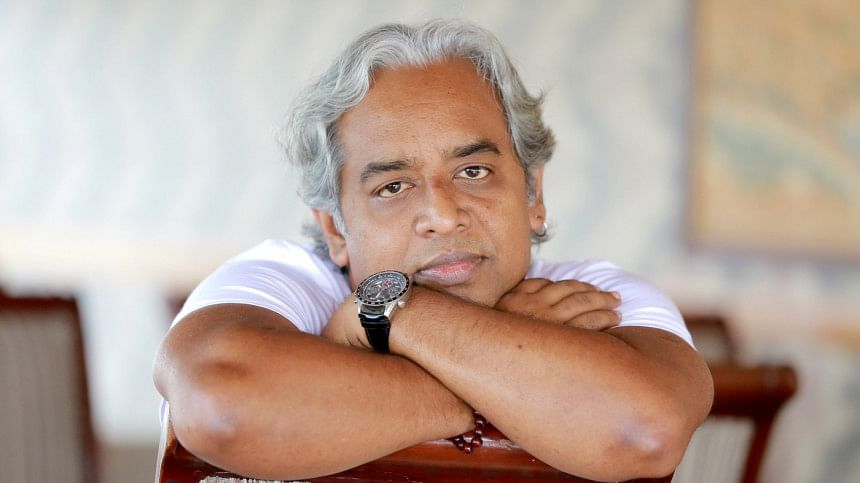
We honour the life and legacy of this esteemed artiste, who succumbed to cancer at the age of 56 after a courageous 13-year battle.
Jewel's childhood was marked by frequent relocations across Bangladesh, shaping his diverse cultural exposure. Encouraged by his parents, he began singing at a young age, starting formal lessons in first grade and performing on stage by fourth grade. Despite his passion for music, Jewel ensured it wasn't his sole source of income, pursuing a career in television production to balance artistic pursuits with practical considerations.

His debut album was released in 1992, marking the beginning of a prolific career that saw 10 albums over 28 years. His collaborations with legendary guitarist Ayub Bachchu, who composed seven of his albums, left an indelible mark on Bangladeshi music.
Among his numerous songs, Jewel held a special fondness for "Amar Ache Ondhokar", penned by Sayed Awlad and composed by Bappa Mazumder, with musical arrangement by Ayub Bachchu. This track, the title song of his 1995 solo album, held a special place in his heart.
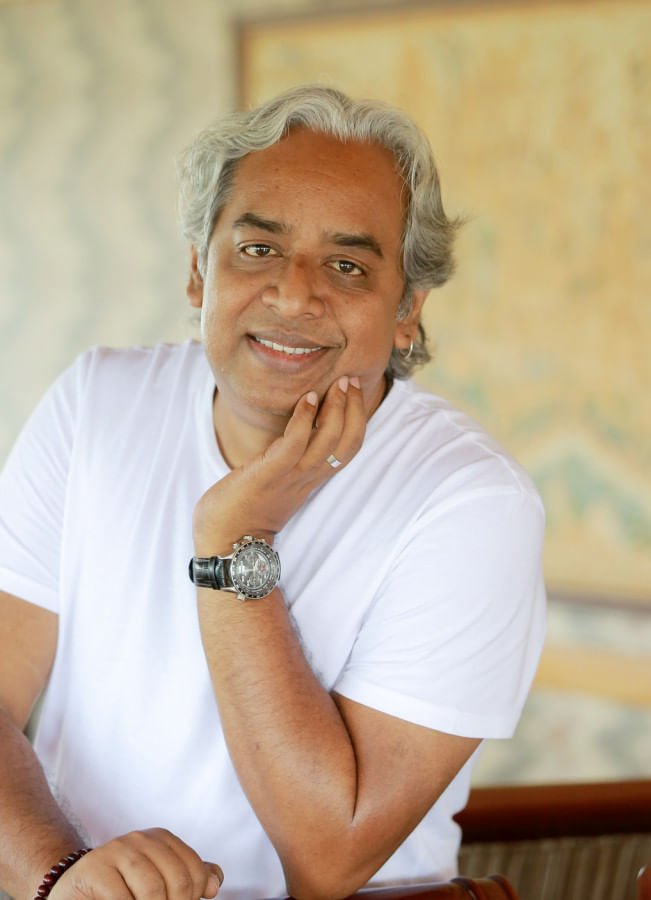
In 2015, with Bachchu's permission, Jewel reintroduced "Amar Ache Ondhokar" with a new piano arrangement, showcasing his deep voice in a fresh, stripped-down format. This rendition was shared on his YouTube channel with a lyrical video and the story behind its creation.
Before Ayub Bachchu's passing, Jewel reflected on the album's creation in an interview with the rock legend, recounting, "The album was set to release on Eid, but Boss (Ayub Bachchu) couldn't find time. So, I came up with an idea and got Boss off the hook for four days. We then checked into a hotel in Shanti Nagar. Boss, Tutul, and Fanti (the drummer) got to work with great excitement and enthusiasm. Boss would take a lyric, grab his guitar, and compose a tune. Fanti would handle the rhythm section, while Tutul recorded keyboard layers and music sequences."
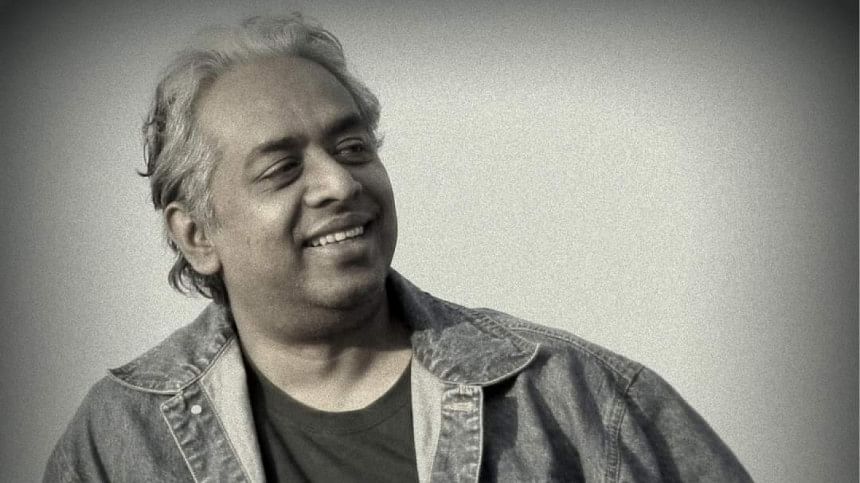
The team completed 11 songs by the afternoon of the second day, leaving only the title track, composed by Bappa Mazumder. Upon hearing the demo of it, Bachchu approved, stating, "The melody and lyrics are great, Julu! It's perfect for you. Let's do it. Call Bappa." This collaboration resulted in one of Jewel's most cherished songs, blending Mazumder's composition with Bachchu's arrangement.
His notable productions include "Ek Bikele" (1994), "Amar Ache Ondhokar" (1995), "Ekta Manush" (1996), "Beshi Kichu Noy" (1998), "Bedona Shudhui Bedona" (1999), "Firtee Pothe" (2003), "Dorja Khola Bari" (2009), and "Emon Keno Holo" (2017). Among his 10 solo albums, "Ek Bikele" gained the most popularity, earning him the moniker 'Ek Bikeler Jewel'.

His passing has left a void in the industry, as expressed by fellow artistes and fans.
Singer Elita Karim posted, "Dearest Jewel bhai, may he rest in peace. May the Almighty grant him the highest honour in heaven. He was one of the finest human beings in the music industry, and I am so glad that I had the opportunity to actually say this to him a while ago."
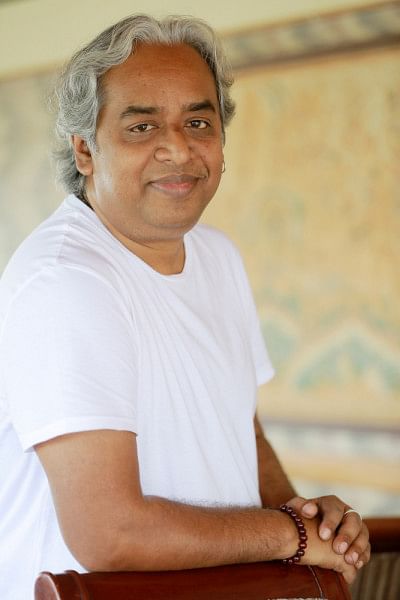
Singer Konal reflected, "Jewel bhai, our industry's musical jewel, and a gem of a human being, left us for the heavens. I lost one of my mentors today."
Debashish Biswas, Khijir Hayat Khan, Rafiath Rashid Mithila, and Adnan Faruque Hillol, among others, also expressed their deep sorrows.
Jewel's departure marks the end of an era for Bangladeshi music, but his contributions and the memories he created will continue to resonate with his fans and loved ones.

 For all latest news, follow The Daily Star's Google News channel.
For all latest news, follow The Daily Star's Google News channel. 





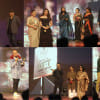



Comments